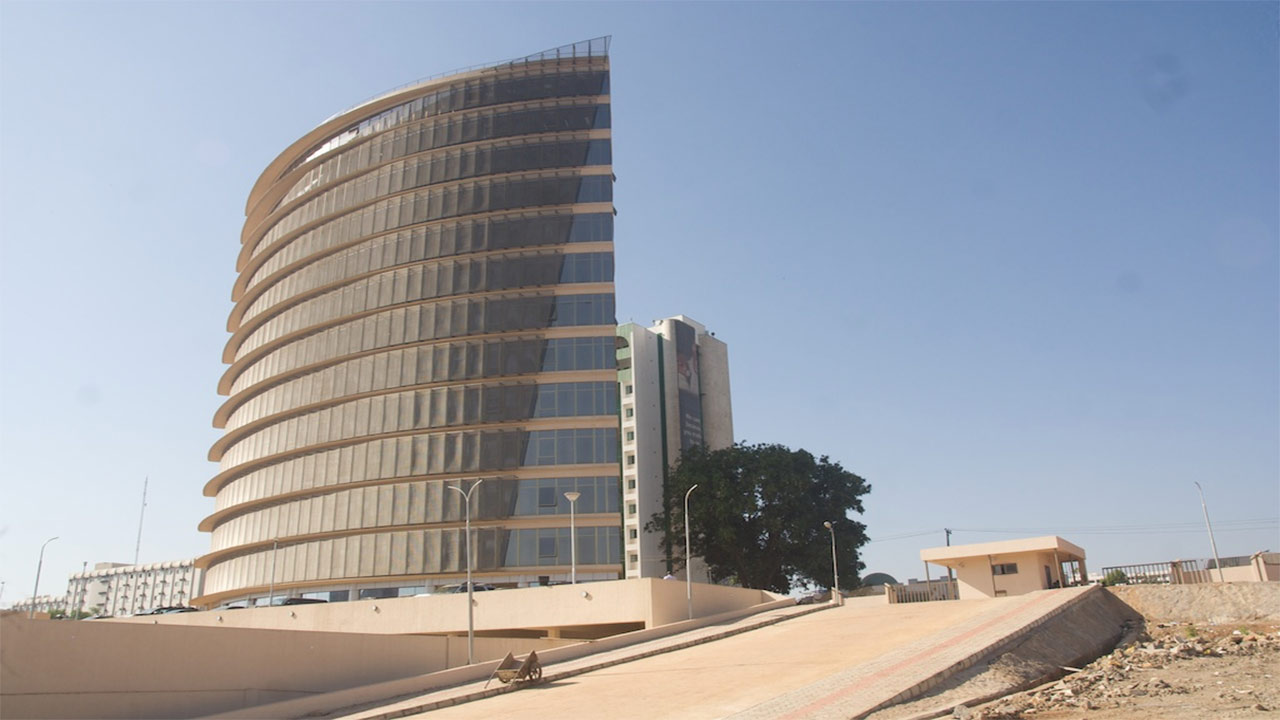- BoI Disbursed N66bn to SMEs in 2016
The Bank of Industry (BoI) recorded its most impressive performance in 2016 by posting double-digit growths in almost all aspects of its operations with about N66 billion disbursed to hundreds of small, medium and large scale businesses.
This was disclosed on Thursday at the 57th annual general meeting (AGM) of the bank in Abuja.
The Minister of Industry, Trade and Investment, Mr. Okechukwu Enelamah, said that the bank was able to consolidate on its developmental impact during the year under review, despite the general economic downsides across the country.
Enelamah, who was represented by the Protem Chairman of BoI, Mr. Olufemi Edun, said it was highly commendable that while several institutions in the country experienced a downgrade in their credit ratings in the year, BoI got a reaffirmation of its AA+ National Credit Rating accompanied by a stable outlook by Fitch Ratings.
He noted that Moody’s, which is another international rating agency also assigned Aa1.ng/NG-1 rating, the second highest of national scale rating categories to the bank.
He added: “Augusto, the foremost Nigerian rating agency similarly upgraded the bank’s domestic rating of A+ to AA- in 2016. This is a testament of the strong corporate governance and enterprise risk management practices that the bank has integrated into its operations.
“In the year under review, the bank disbursed N65.9 billion to 737 micro, medium and large enterprises, which helped to create over 500,000 direct and indirect jobs.”
In the same vein, the acting Managing Director/Chief Executive Officer of BoI, Mr. Waheed Olagunju, said that the bank has within its 15 years of establishment, “invested over a trillion naira in more than 25,000 small, medium and large enterprises”.
Olagunju said that BoI had also assisted ventures spanning several sectors of the Nigerian economy including agro and solid minerals processing, petro chemicals and polymer, cotton textile and apparels, automobiles, creative industries as well as Information Communication and Technology.
According to him, “These enterprises have had considerable impact on Nigeria’s economy including the generation of more than five million direct and indirect jobs.”
He said that the bank recorded outstanding improvements across board including a 44 per cent increase in profit before tax (PBT) over the previous year 2015.
He added: “For instance, while the volume of new loans rose by 10 per cent to N171 billion, from N156 billion in 2015, disbursements to SMEs similarly went up by 42 per cent within the same period to N8 billion from N5.64 billion. More than 800 enterprises that could potentially generate over 1,000,000 jobs benefited from BoI’s facilities last year.
“The quality of the bank’s risk assets improved phenomenally as the ratio of non-performing loans dropped to 3.72 per cent in 2016 from 5.87 per cent in 2015. The average ratio of non-performing loans in Nigeria’s banking system rose to 14% in 2016 which is beyond the Central Bank of Nigeria’s threshold of 5%. The bank also posted an operating Profit Before Tax of N17bn, which represents a 44% increase over 2015’s N11.9bn.”
Olagunju said that BoI in its bid to ensuring the MSMEs account for at least 30% of its projected risk assets of N1.2 trillion by 2019, as at April 30, 2017 the bank had already exceeded last year’s disbursement to MSME’s by disbursing more than N13 billion as against last year’s N8 billion which represents 62% increase.
Accordingly, he said, BoI has embarked on a N1 trillion fund mobilisation drive within and outside the country to part finance the industrial component of the Economic Recovery and Growth Plan (ERGP) as well as support ventures that would fast-track Nigeria’s realisation of the Sustainable Development Goals (SDGs) and also rev BOI’s risk assets up to N1.2 trillion by 2019 in line with its revalidated strategic plan (2016-2019).
“Under the plan, it is envisaged that enterprises financed by BoI would generate more than 5 million jobs. In this regard, the Bank of Industry has commenced discussion with the Development Bank of Nigeria and some foreign national as well as multilateral development finance institutions,” he added.


 Naira3 weeks ago
Naira3 weeks ago
 News4 weeks ago
News4 weeks ago
 Naira4 weeks ago
Naira4 weeks ago
 Naira3 weeks ago
Naira3 weeks ago
 Jobs4 weeks ago
Jobs4 weeks ago
 Travel3 weeks ago
Travel3 weeks ago
 Naira3 weeks ago
Naira3 weeks ago
 Investment4 weeks ago
Investment4 weeks ago





























